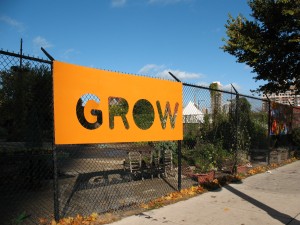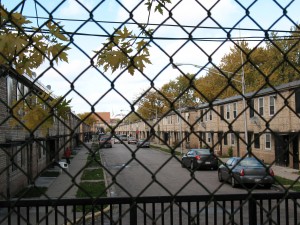The ongoing follies in the Peotone Airport Saga have critics cheering and supporters groaning.
IDOT and Governor Blagojevich submitted two plans for Peotone to the FAA for review, hoping that one would be approved. This cover-all-the-bases approach incorporated the competing visions of the airport’s Congressional cheerleaders, Jerry Weller (remember him?) and Jesse Jackson, Jr., who disagree on everything from the facility’s name to the bathroom colors.
The people at the FAA sighed, shook their heads, and sent back the proposals stamped “Make Up Your Minds,” thus creating a potential delay of months, if not years, for the necessary federal go-ahead.
But this comical news has overshadowed a downright sober issue: government-sponsored intimidation of law-abiding citizens in eastern Will County who own land in the path of the bulldozers. So far, the state has spent over 23 million taxpayer dollars purchasing about 1,900 acres of land northeast of Peotone.
After getting scolded for making aggressive phone calls to owners of the remaining 2,200 acres needed for the initial build-out, IDOT has been sending letters to landowners making it clear — in a friendly, nice-guy, Midwestern kind of way — that if they can’t reach settlement on terms of sale, the government will proceed with condemnation.
That seems reasonable, doesn’t it? After all, a wasteful, sprawling, ugly, polluting, and congestion-causing airport over 40 miles from downtown Chicago that no major airline wants is a lot more important than prime Illinois farmland, a quiet rural landscape, clean air, open space, county fairs, and the rights of individual landowners. That’s Progress in action!
Still, something just sticks in my craw about that 23 million bucks IDOT diligently has spent acquiring land. Haven’t they gotten a little ahead of themselves?
Is it just me, or have others noticed that the people in charge still haven’t decided on an official plan for the airport; still haven’t received FAA approval for that plan; still haven’t stopped arguing over who’s going to control the airport; still haven’t finished the required environmental impact studies; still haven’t gotten the backing of a single major airline; and . . . well, I hardly need go on.
Since when is it OK to take first and ask permission later? I guess things just work differently in the hallowed halls of Springfield. All I know is, that approach doesn’t jibe with my old-school Joliet upbringing. If as a teenager I had taken out my dad’s cherished ’65 Chevy for a night on the town without asking him first, well . . . you probably can imagine the unpleasant consequences. So where do our elected leaders and transportation bureaucrats get off?
Jerry, Jesse, Rod, and all your IDOT cronies — you, and this whole shameful Peotone airport fiasco, should be grounded.
This essay appeared as my regular monthly op-ed column in the Joliet Herald-News on 19 February 2007. It was the first in an ongoing series of columns on the controversy surrounding the proposed “South Suburban Airport” near the small town of Peotone in Will County, Illinois.


